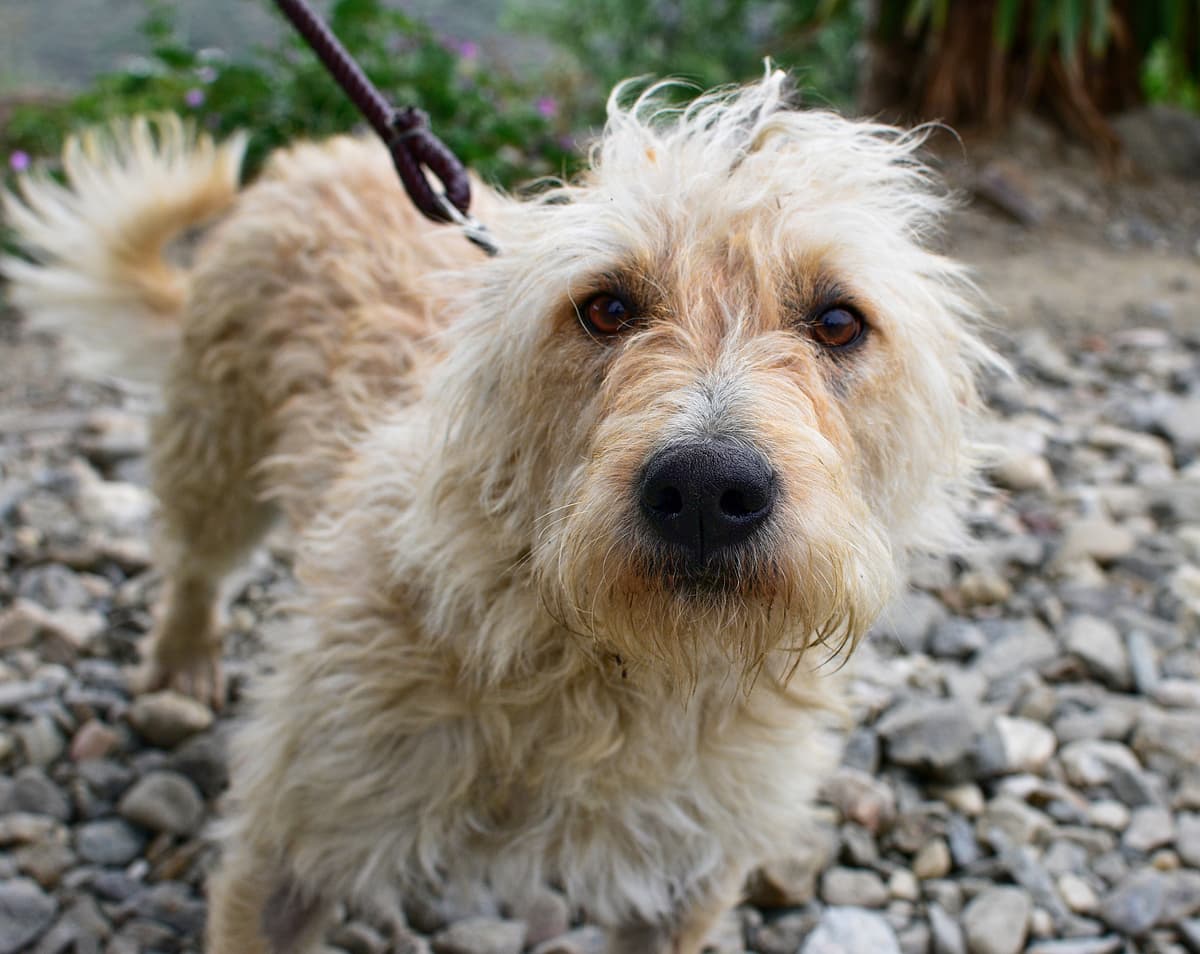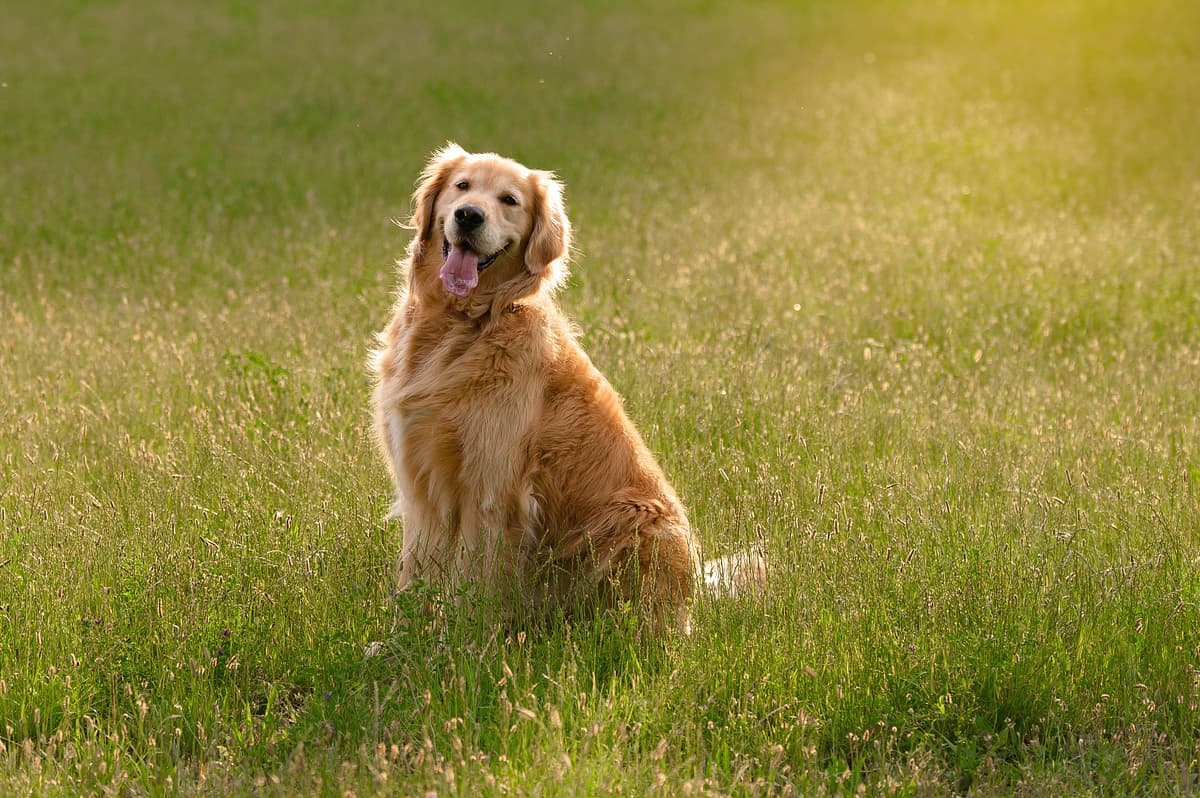Otterhound vs Golden Retriever
Discover the differences between Otterhound and Golden Retriever to make the best choice for your situation.
Try different breeds

Otterhound
A playful, affectionate companion with a keen nose and a love for adventure. Famous for a shaggy coat and friendly, easygoing personality.

Golden Retriever
A loving, intelligent breed with an easygoing nature and playful spirit. Known for loyalty and adaptability, making them exceptional companions for families of all kinds.
Quick comparison
Large
34–52 kg
Harsh outer coat, dense undercoat
10–13 years
29–41 kg
High energy
Large
29–34 kg
Double coat, water-repellent
10–12 years
25–29 kg
High energy
Personality & behavior
Compare the personality traits and behavioral characteristics of both breeds.
Otterhound
Outgoing with people and other dogs
Learns at a moderate, steady pace
Requires daily activity and exercise
Enjoys games and interactive play
Adjusts with some difficulty to changes
Golden Retriever
Very sociable, enjoys people and other dogs
Quick to learn commands and routines
Needs regular activity and mental stimulation
Loves games and interactive activities
Adjusts well to various living environments
Care needs
Exercise, grooming, and daily care requirements
Otterhound
Hip dysplasia, epilepsy
Golden Retriever
Hip dysplasia, elbow dysplasia
Suitability
How well each breed fits different living situations and families
Otterhound
Challenging for beginners
Their independent nature and training needs may overwhelm new owners
Not apartment friendly
Large size and high energy require more space than apartments provide
Excellent fit
High stamina and love of activity suit energetic, outdoorsy households
Generally suitable
Gentle and patient but may be rambunctious around small children
Usually compatible
Sociable nature but prey drive may need management with smaller pets
Not recommended
They can develop anxiety or destructive behaviors if left alone too long
Golden Retriever
Great choice
Friendly, trainable nature makes them easy for new owners to manage
Needs space
Large size and high energy can be challenging in small apartments
Highly suitable
Enjoys regular exercise and outdoor activities with active people
Perfect fit
Gentle temperament and patience make them excellent with young children
Very friendly
Generally sociable and gets along well with other pets
Prone to anxiety
Dislikes being left alone for extended periods and may develop separation issues
Breed strengths
What each breed excels at and their best qualities
Otterhound
- Friendly with children and other dogs
- Excellent scent-tracking abilities
- Adaptable to various environments
- Generally good-natured and affectionate
- Strong swimming and outdoor skills
Golden Retriever
- Friendly with children and other pets
- Highly trainable and eager to please
- Consistent, gentle temperament in most settings
- Reliable as therapy and assistance dogs
- Strong retrieving and swimming abilities
Challenges & considerations
Potential challenges and considerations for each breed
Otterhound
- Prone to ear infections due to ear shape
- Requires frequent grooming and coat care
- Can be stubborn during training
- Needs high levels of daily exercise
- May bark or bay loudly and often
Golden Retriever
- Prone to obesity without portion control
- High shedding year-round requires regular grooming
- Needs ample daily exercise to prevent boredom
- Can develop separation anxiety when left alone
- Susceptible to certain genetic health conditions
Ready to choose your perfect breed?
Learn more about each breed or compare other breeds to find the perfect match for your lifestyle.
Discover more helpful tools
Make use of our other free tools to get the most out of your pet experience
